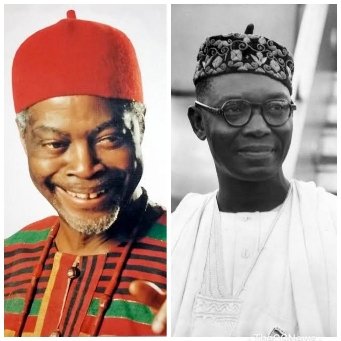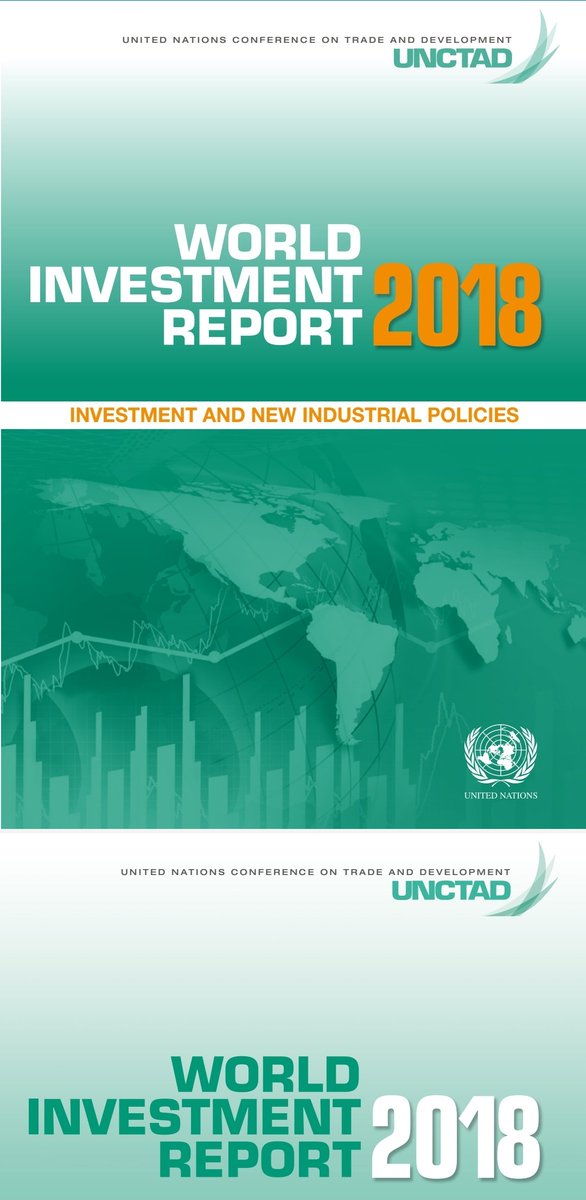
On my way to work today, while catching up on my myriads of unread WhatsApp messages, I decided to scan through the compilation of newspaper headlines and one caught my attention, "Senate mulls life imprisonment for kidnappers." I got confused 😕 What's the Senate's business?
I was confused because the last time I was taught Constitutional Law in school, I knew it was not within the legislative competence of the National Assembly to make law on crimes (except in specific cases) except for the FCT. So I decided to read at least 3 versions of the story.
It turns out that there is indeed a bill before the Senate sponsored by Senator Ibikunle Amosun which has already scaled 2nd reading. The bill seeks to introduce stiffer punishments & punitive measures to combat and prevent kidnapping or abduction in Nigeria.
To be clear, there is no gainsaying the fact that kidnapping is one of the major challenges Nigerians face, with significant economic consequences. And it should be tackled headlong. That is however beside the point today. My question again is what is the Senate's business?
This has once again brought into focus the calibre of persons we have at the National Assembly as lawmakers, and while it isn't the exclusive preserve of lawyers, you must ask, do they not have lawyers among them? Do they not have refresher courses? What of seminars or workshops?
I can also immediately draw parallels between this issue and the ongoing "VAT War" between the Federal Government and [some] States over who has constitutional powers to collect, and make law on the collection of, VAT. Consequently my exposition below can be apply to both issues.
Nigeria operates what we call enumerated legislation. This means the legislative powers of the various tiers of govt are as listed in the Constitution, and not otherwise. The National Assembly can only validly make laws on the items listed in the exclusive & concurrent lists.
The State Assemblies on the other hand can make laws on the items listed in the concurrent list (subject to the Doctrine of Covering the Field) and on ALL other items not listed in the two lists (referred to as Residual Matters).
NB: There is nothing like Residual List.
NB: There is nothing like Residual List.
What this means is that the National Assembly cannot make law on Residual Matters. Indeed the courts have held in no unclear terms that, "Crime is a Residual Matter."
QED? I wish it were this simple. Unfortunately it is not. As further explained below.
QED? I wish it were this simple. Unfortunately it is not. As further explained below.
The explanation above only applied to our Constitution by virtue of our adoption of a federal system of government. It has not always been so. Indeed, it is the Lyttelton Constitution of 1954 that introduced federalism to Nigeria. Before then the NASS could make on any item.
This explains why the Criminal Code was first introduced to Northern Nigeria in 1904 and to the entire Nigeria in 1916 following the 1914 amalgamation. Although the Criminal Code was subsequently replaced with the Penal Code for Northern Nigeria.
Following the introduction to federal system of government and the division of the powers of the various tiers of government in 1954, as well as Nigeria's independence in 1960 & adoption of a Republican system in 1963, the Criminal Code and Penal Code seized to be federal laws.
Although this is not explicitly taught in the Law Faculties of many Nigerian schools, the Criminal Code now operates as Criminal Code Laws of the various States (except Lagos which has it's own Criminal Law) while the Penal Code operates as Penal Code Laws of the States.
Similarly the Criminal Procedure Act applies in practice as the Criminal Procedure Laws of the States of Southern Nigeria while the Criminal Procedure Code applies as the Criminal Procedure Code Laws of the Northern States in Nigeria.
The only exception to the above is in Abuja, which is not a State and therefore does not have a State Assembly. Consequently, the National Assembly makes laws which are applicable in the FCT in the same way that State Laws apply in the various States.
One consequence of military rule in the period before 1999 is that the military distorted our legislative process. The first thing the military usually did was to suspend parts of the Constitution. Secondly, they made laws on any matter at all. They did not follow the list.
That is how the Federal Military Government under General IBB on 24 August 1993 first introduced VAT in Nigeria as Value Added Decree 102 of 1993.
Section 315 of the 1999 Constitution contains the solution. It says if a law e.g. a Decree was made before 29 May 1999, on a matter that National Assembly had powers to make laws, it becomes an Act of National Assembly. Otherwise it shall be deemed a State Law. It is that simple.
Enough on VAT and back to Criminal and Penal Codes. Indeed in recognition of the generally accepted principle that crime is a Residual Matter and only States can make laws on crime, the Houses of Assembly of many States e.g. Abia have already made kidnapping a capital offence.
What then is the Senate doing in considering making kidnapping punishable with life imprisonment? When they have no such powers and when those who have powers to have already made it a capital offence. Is the Senate spoiling for war or are the Senators innocently ignorant?
• • •
Missing some Tweet in this thread? You can try to
force a refresh









